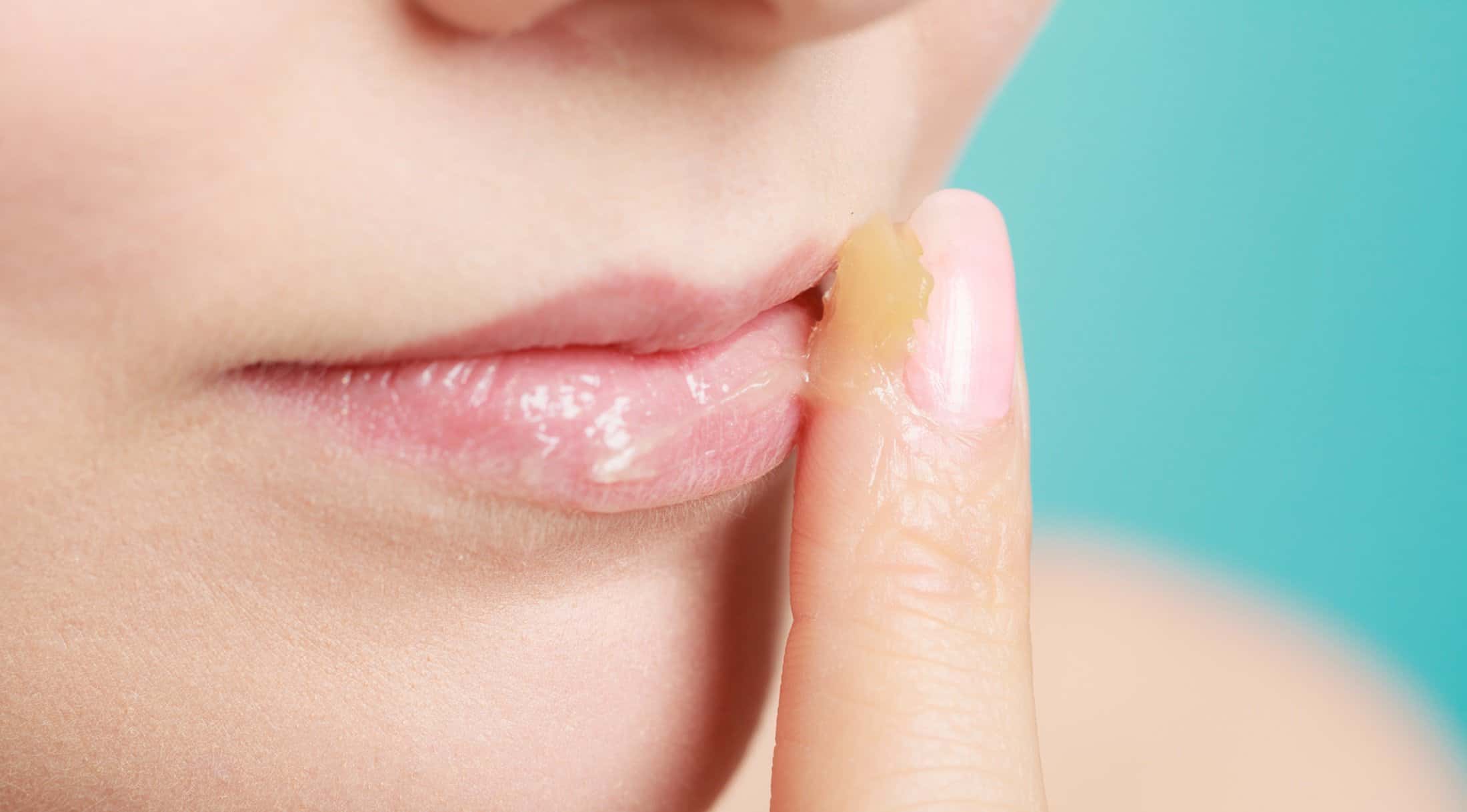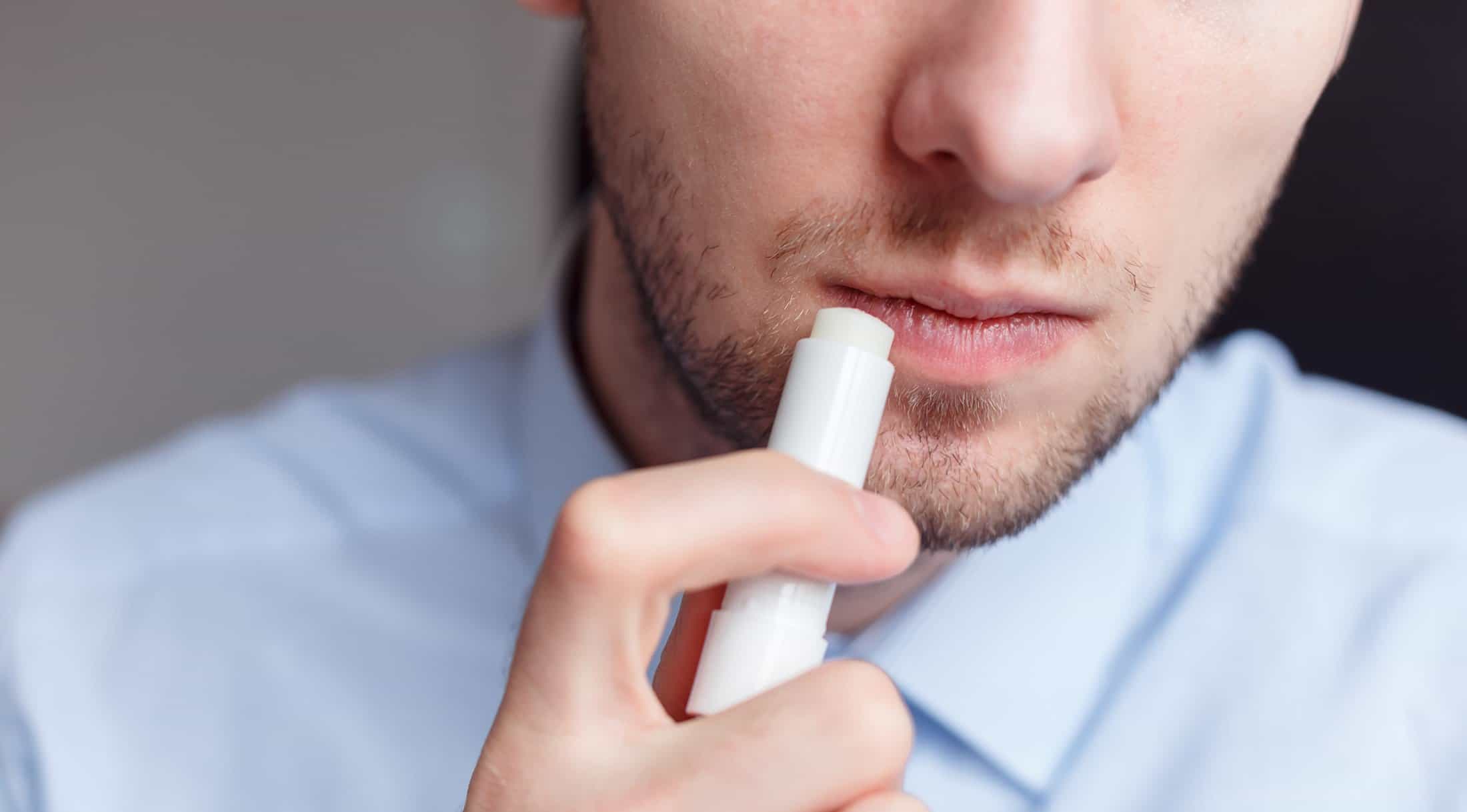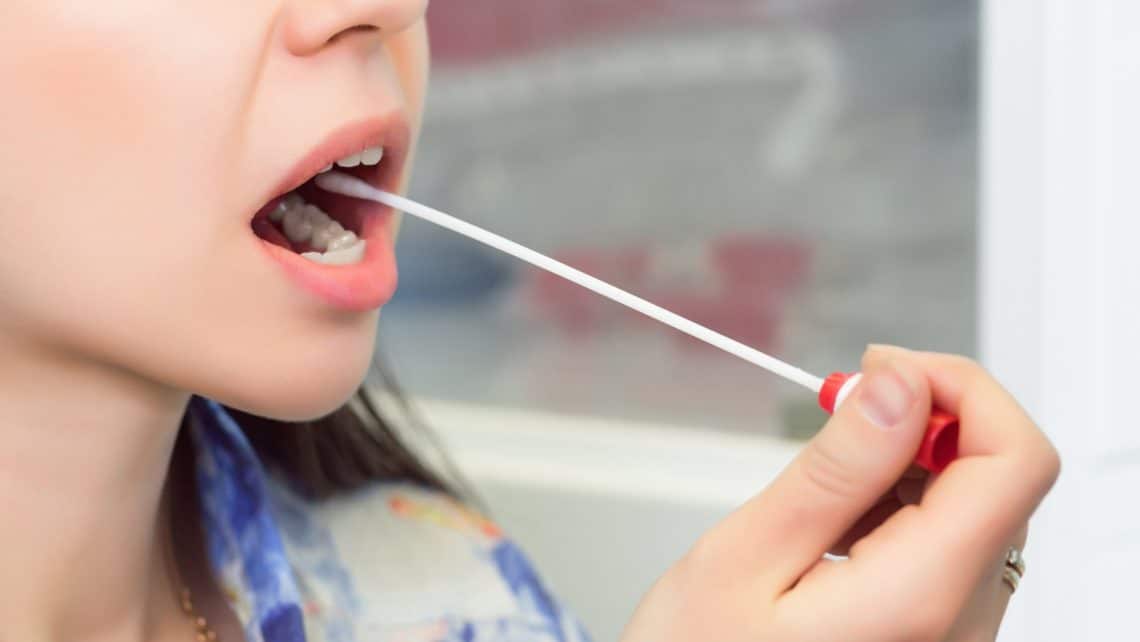Saliva is a clear liquid made by several glands in your mouth area. It is an important part of a healthy body. Saliva consists of 99% water and 1% mix of electrolytes and proteins. Saliva contains important substances that your body needs to digest food and keep your teeth strong.
One of the primary roles of saliva is to maintain a neutral pH in the mouth. The normal pH range of saliva is 6.2 to 7.6. The food and drink you consume changes the pH level of saliva. The bacteria in your mouth break down the carbohydrates in your food, releasing acids. If the saliva pH gets too low, damage can occur to the teeth and mucosa, the tissue surrounding the teeth and on the inside of the mouth. Hence, saliva plays a big role in maintaining oral health, helping to build and maintain the health of soft and hard tissues. When saliva flow is reduced, oral health problems such as dental caries and oral infections can develop.

Saliva is important because it:
- Keeps your mouth moist and comfortable
- Helps you chew, taste, and swallow
- Fights germs in your mouth and prevents bad breath
- Has proteins and minerals that protect tooth enamel and prevent tooth decay and gum disease
- Helps keep dentures securely in place
On average, people produce between 0.5 and 1.5 litres of saliva per day.
The importance of saliva and salivary glands is critical in extreme situations such as xerostomia or commonly called dry mouth. Research indicates that dry mouth affects about 1 in 4 people. Some of the symptoms of a loss of saliva are constant thirst, difficulty in speaking, eating, tasting, and swallowing foods which can progress to tooth decay and oral infections.

Causes of dry mouth might include:
- Medications – some medicines and drugs can affect your salivary glands and reduce the amount of saliva that they can make, leading to a dry mouth
- Dehydration – working in a dry environment and not drinking water often enough can lead to a decrease in saliva production. Additionally, high intake of caffeine found in coffee, tea, chocolate and cola drinks can reduce fluid levels in the body and reduce saliva
- Diseases or conditions that affect the saliva glands – for example, Sjogren’s syndrome.
Clinical studies have shown that chewing sugar-free gum stimulates the salivary glands to produce a healthy saliva flow which is 10 times more than normal unstimulated saliva. This stimulation increases the concentration of bicarbonate which in turn raises the pH of the saliva increasing its buffering power. Saliva, therefore, is much more effective in neutralising and buffering food acids which are caused by the breakdown of carbohydrates in food and drinks.
Do you suffer from a constant dry mouth? We can help. Call our friendly team on 3390 6100 or email us to book a consultation on General Dentistry or Cosmetic Dentistry. Or click here to book your appointment.












Leave a Comment